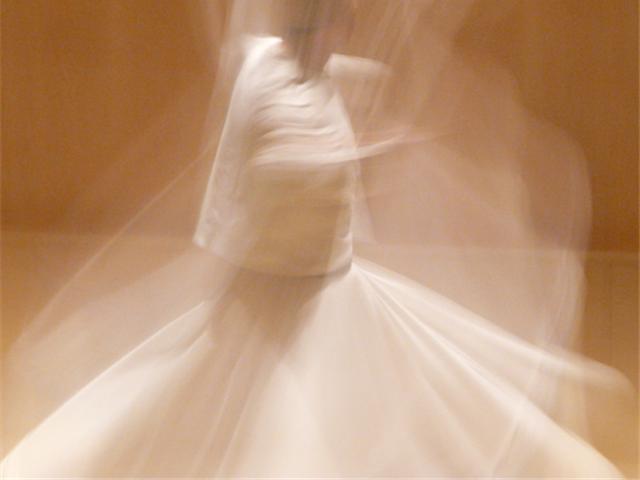I feel for perhaps the very first time or at least as I am aware of it, the passage of time
Always waiting for the golden calm where do i turn?
Always waiting for the golden calm where do i turn?
The flute’s a companion to those parted with a friend
Whose veils have cut asunder our own veils
Who has seen poison and antidote in one, like the flute?
Who has seen a companion and eager friend like the flute?
The flute tells a tale of a much bloodied way
Tells us stories of insane love
The confidant of this awareness is no-awareness
the tongue’s best customer is the ear
In our sorrow; the days go by
The days are coupled with painful longing
Tell the passing days, “Go, I have no fear!”
stay with me– besides whom there is none pure
From Masnavi, Book 1, Lines 1-16
